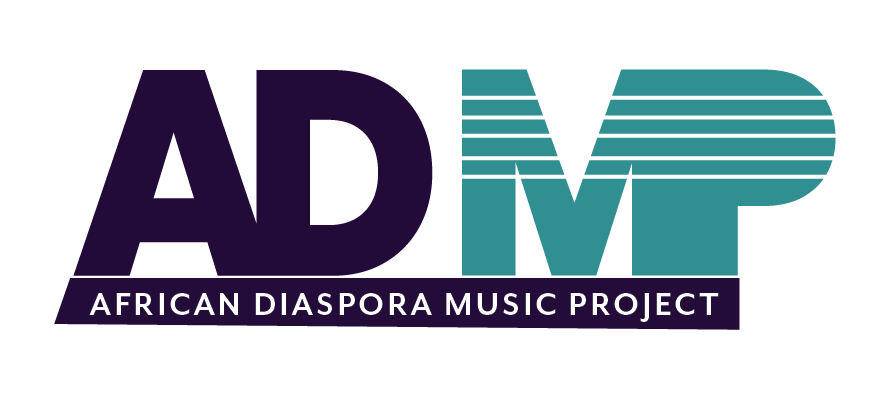Composers
Charles Lloyd, Jr.
1948 - 2024About
Charles Lloyd, Jr. (1948-2024) was born in Toledo, Ohio. Lloyd‟s mother nurtured his musical gifts by placing him in environments where they could be cultivated. At age four, she placed him in piano lessons at Bach Conservatory of Music in Toledo. Being aware of his beautiful voice, she also enrolled him in voice lessons. Lloyd‟s passion for music extended into his teenage years as he discovered the marching band at his predominately white high school. He was given the option to play the bassoon or the trombone by his high school band director. His mother insisted that he play the trombone, suggesting that the bassoon was, “the clown instrument of the band.” Heeding her advice, he chose the trombone as his primary instrument.
Lloyd received a Bachelor of Music degree from Norfolk College, where he was introduced to opera, HBCU choirs, and spirituals. Furthermore, he earned a Master of Music degree from the University of Michigan in piano, studying under Marian Owens. At Michigan, Lloyd was exposed to African- American composers such as William Grant Still, Robert Owens, and John Work through Dean Willis Patterson. It was here, where his desire for composing blossomed. After receiving his Master’s of Music. A year after graduating, he accepted a position as an accompanist and vocal coach at Morgan State University in Baltimore, Maryland. He also accepted employment with a local ballet company to make ends meet. Lloyd got a position at the Peabody Preparatory School in the early Eighties and later taught at Kentucky State University for two years. Currently, he is on faculty at Southern University in Baton Rouge, Louisiana. In total, he has composed 11 instrumental works, two oratorios, three operas, two volumes of spiritual art songs (the first includes 15 songs and the second, which is unpublished, includes 14 songs), five art songs for voice and piano, eight larger works for voice and piano, 14 choral works, a collection of a capella spirituals and sacred songs called, “The Invisible Church,” which consists of 51 choral arrangements, 11 hymns, five sacred songs, three benedictions, and 13 miscellaneous works. His spiritual arrangements of My Lord, What a Morning (1982) and Great Day (1982) along with the original piece, Thought (1982), appear on well-known soprano Jessye Norman‟s 1982 recording Great Day in the Morning Other spiritual arrangements by the composer can be found on the special project Spirituals in Concert, in which Jessye Norman and Kathleen Battle sang spiritual duets. Furthermore, soprano Veronica Tyler sang many of the composer’s spiritual arrangements on her 1980 recording, The Passion of Christ in Spirituals.
